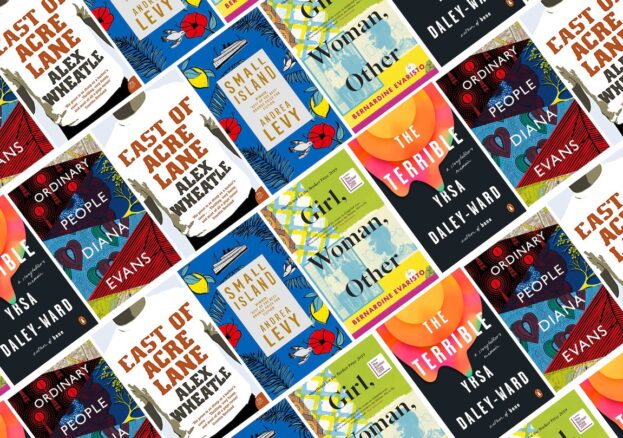
From Zadie Smith to Bernardine Evaristo, black British authors have been making waves in the literary world for decades. These writers have challenged conventional narratives, exploring issues of race, identity, and belonging, and provided a much-needed platform for black voices in a country with a complex history of race relations.
We take a closer look at some of the most notable black British authors across a range of genres, exploring their backgrounds, contributions to the literary canon, and ongoing impact on the literary landscape.
Zadie Smith: Born in London in 1975, Zadie Smith burst onto the literary scene in 2000 with her debut novel “White Teeth,” which became an international bestseller. She has since published several other acclaimed works of fiction and nonfiction, and has been recognized with numerous awards and honors.
Bernardine Evaristo: Born in London in 1959 to a Nigerian father and British mother, Evaristo is a prolific writer of novels, poetry, and plays. She has won several awards for her work, including the Booker Prize in 2019 for “Girl, Woman, Other,” which tells the interconnected stories of twelve black British women.
Malorie Blackman: Born in London in 1962, Blackman is a former children’s laureate and the author of over sixty books for children and young adults. She is best known for her “Noughts & Crosses” series of novels, which explore themes of race, identity, and love in a dystopian world where black people are the ruling class and white people are oppressed.
Andrea Levy: Born in London in 1956 to Jamaican parents, Levy’s writing often explores the experiences of the Windrush generation, the first wave of Caribbean immigrants to Britain in the post-World War II period. “Small Island,” which won the Orange Prize for Fiction in 2004, is a sweeping historical novel that follows the lives of four characters – two Jamaican immigrants and two British-born natives – in London during and after the war.
Benjamin Zephaniah: Born in Birmingham in 1958, Zephaniah is a poet, novelist, and activist who has been a vocal advocate for social justice and racial equality throughout his career. His poetry often deals with issues of race, class, and identity, and he has written several novels for both adults and children.
Reni Eddo-Lodge: Born in London in 1989, Eddo-Lodge is a journalist and author who gained international acclaim for her book “Why I’m No Longer Talking to White People About Race,” which explores the history and contemporary reality of racism in Britain.
Diana Evans: Born in London in 1973 to a Nigerian mother and British father, Evans is a novelist and journalist whose writing often deals with the experiences of black women and the complexities of interracial relationships. Her most recent novel, “Ordinary People,” explores the lives of two couples – one black and one mixed-race – in contemporary London.
Courttia Newland: Born in London in 1973, Newland is a novelist, playwright, and screenwriter whose work often deals with issues of race, identity, and social justice. His latest novel, “A River Called Time,” is a speculative fiction epic that imagines an alternative reality where Africa is the dominant world power and London is a decaying, post-colonial city.
Alex Wheatle: Born in London in 1963 to Jamaican parents, Wheatle spent time in foster care and later served a prison sentence before turning to writing. His novels often draw on his own experiences and explore the lives of working-class black people in Britain. “Brixton Rock,” his first novel, was adapted into a BBC film in 1999.
Caryl Phillips: Born in St. Kitts in 1958 and raised in Leeds, Phillips is a novelist, playwright, and essayist whose work often deals with themes of migration, displacement, and belonging. His novels include “The Final Passage,” which won the Commonwealth Writers’ Prize in 1985, and “Crossing the River,”
Black British authors have made a significant impact on the literary world, both in the UK and beyond. Their work has helped to challenge stereotypes, promote diversity, and create a more inclusive and representative literary landscape. As we continue to recognize and celebrate the achievements of these talented writers, we can also hope to see a continued increase in opportunities for black British voices to be heard and amplified in the years to come.
